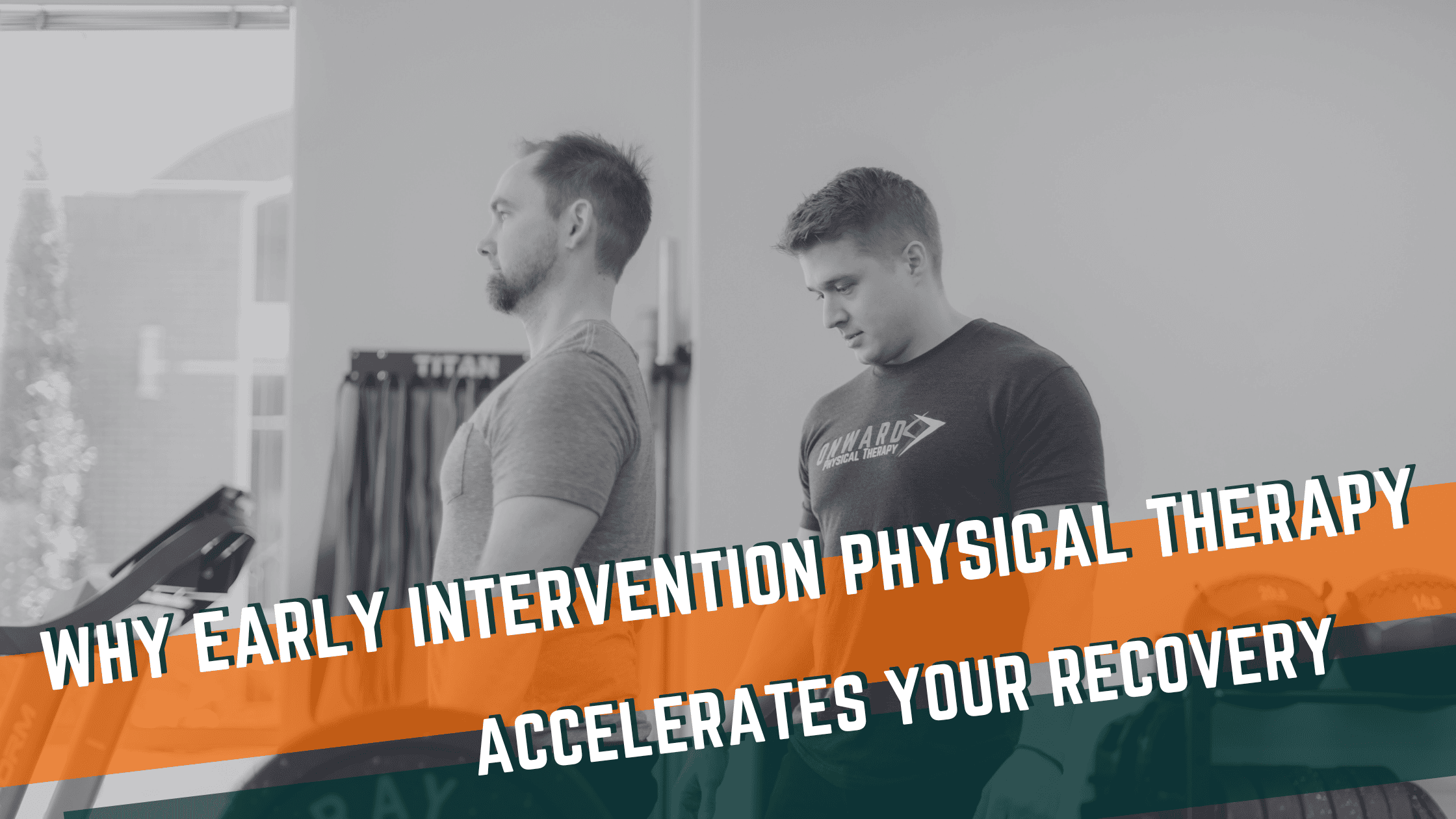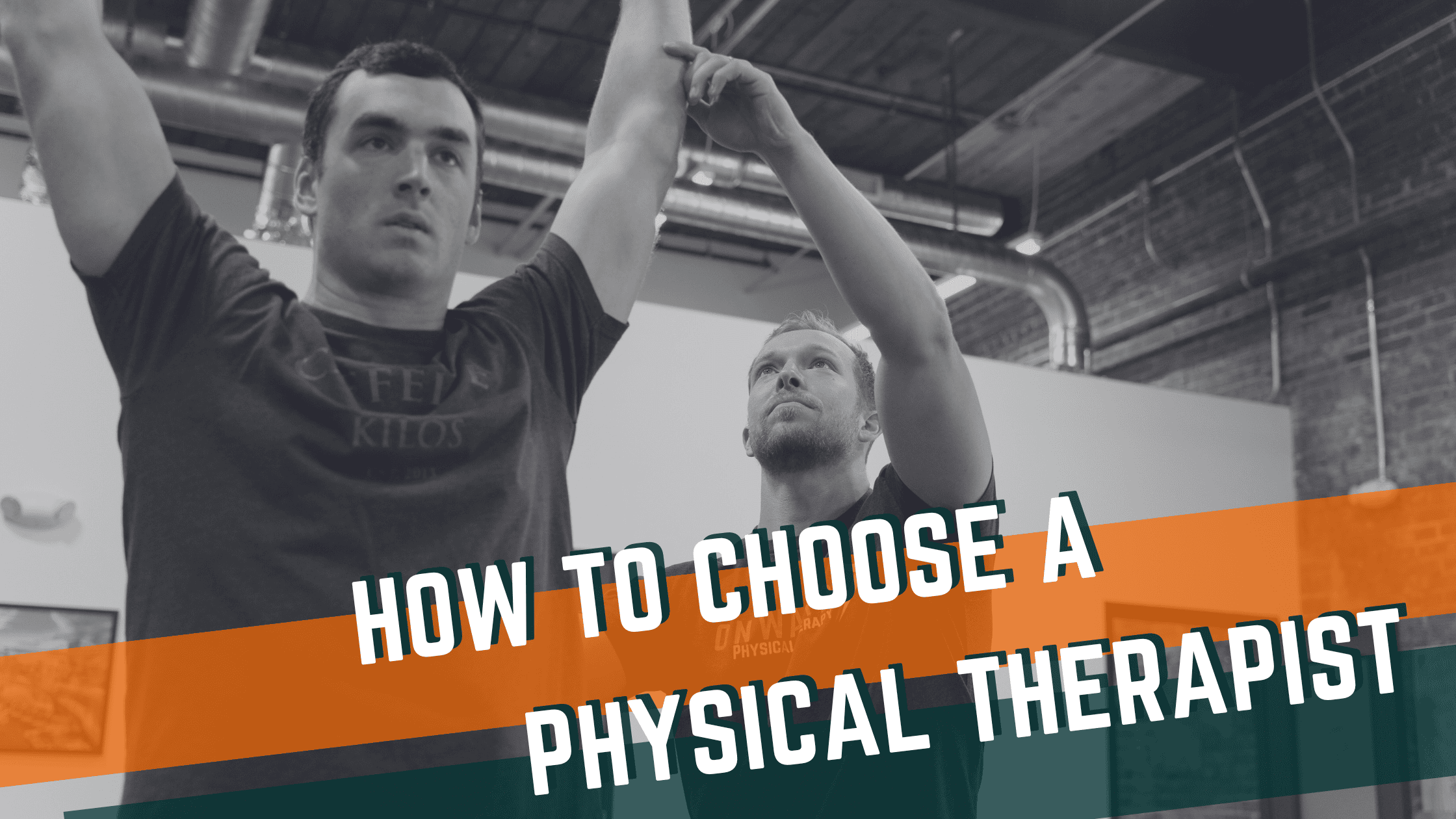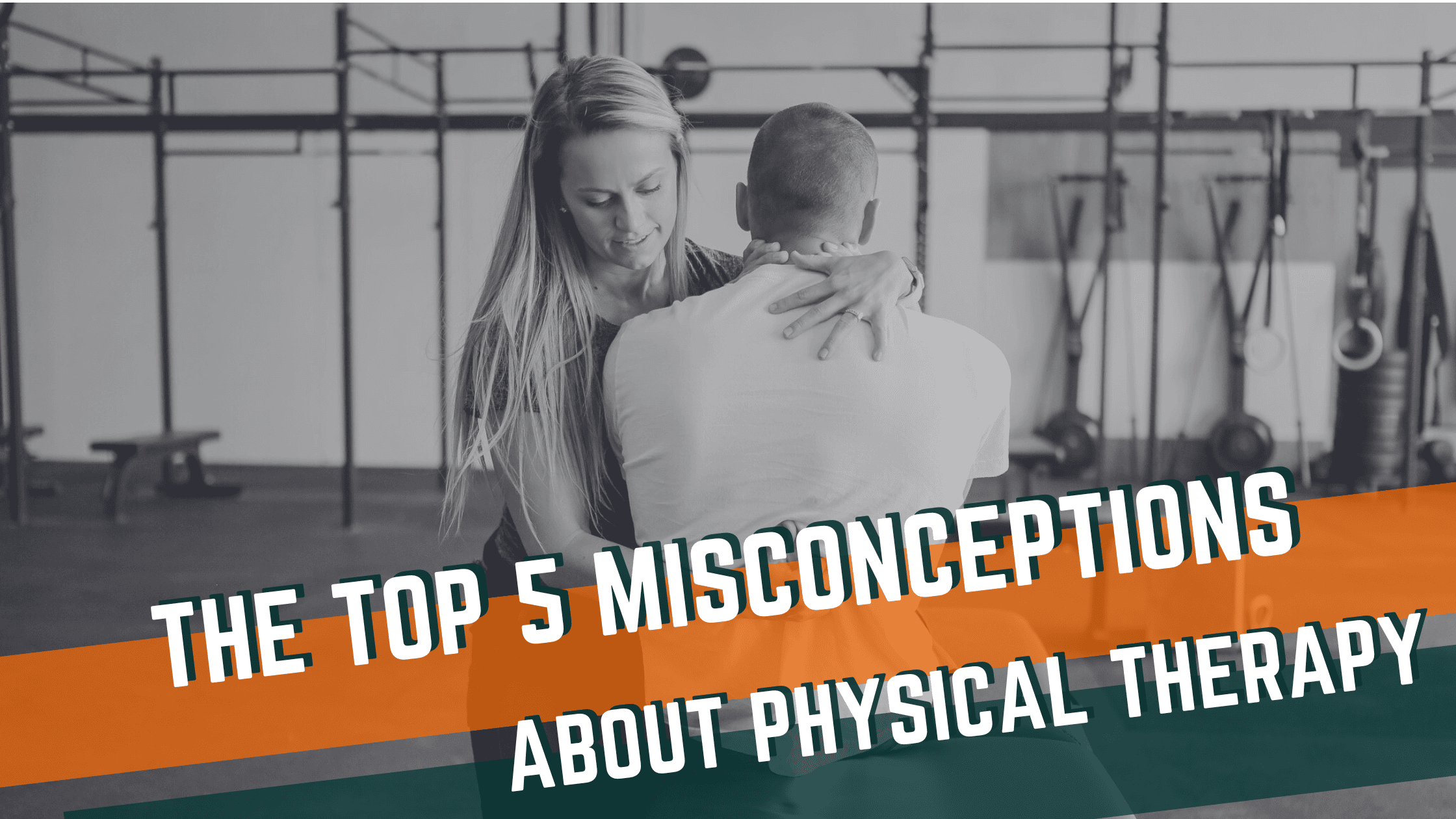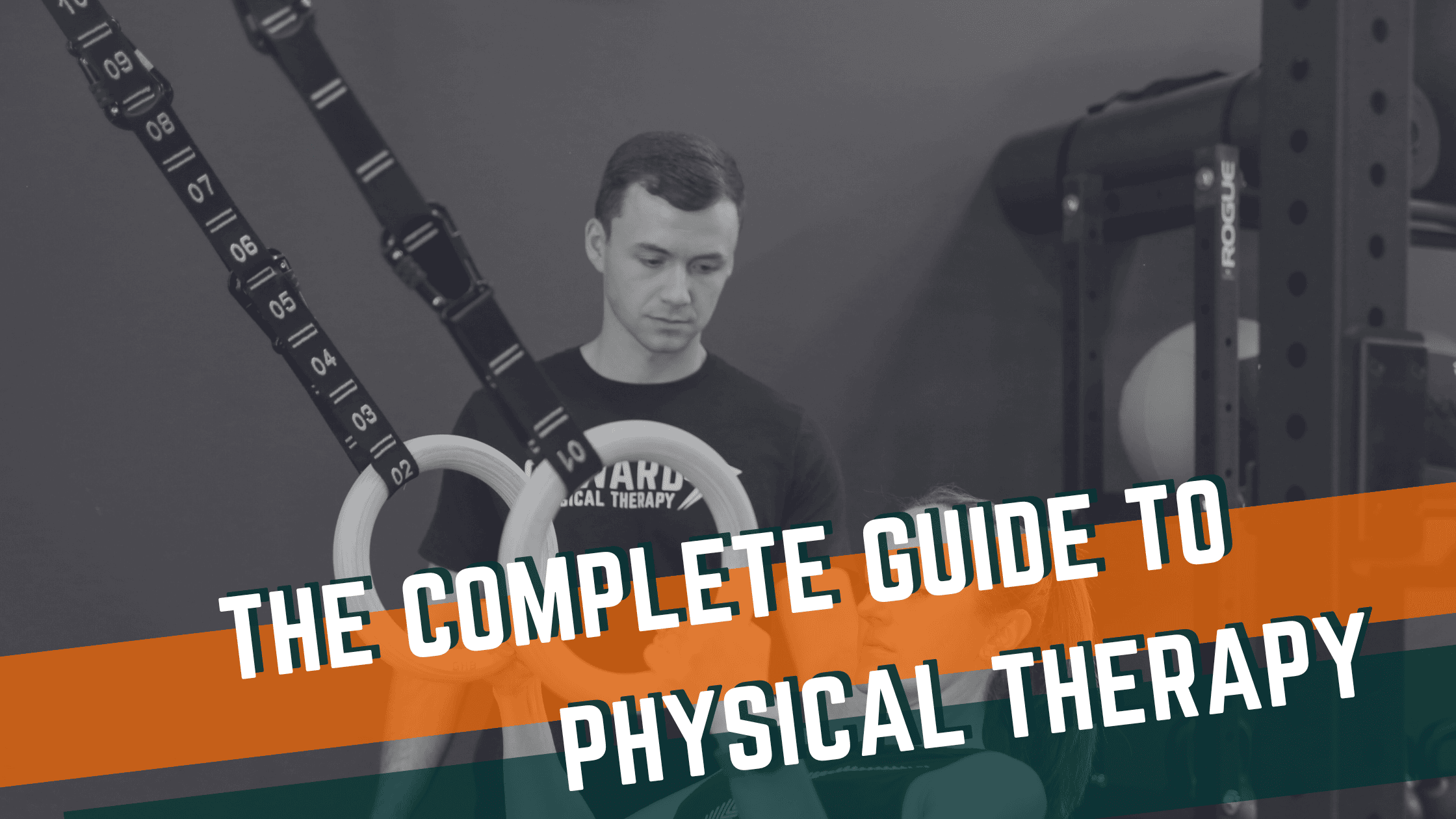
The holidays are upon us and it is a wonderful time of year. Sadly, for many people, the holidays bring a great deal of stress. Obviously, 2020 has thrown us tons of curveballs, and we would be naïve to think the 2020 holidays won’t come with additional stress. However, we don’t have to be passive and let the stress overcome us. Mindfulness meditation can help with stress and pain.
At Onward Physical Therapy, we believe that pain and dysfunction are multifactorial, and we would be doing a disservice if we only focused on exercise. While exercise is a large component of decreasing pain and improving well-being, it is only part of the puzzle. In order to truly achieve wellness; nutrition, sleep, and stress relief need to be improved.

“The last of human freedoms-To choose one’s attitude in any given set of circumstances.” -Victor Frankl
In our lives, everyday events are uncontrolled and can be unpleasant. Deadlifts and squats can condition our tissues to handle the rigors of our daily activities. Similarly mindfulness meditation can condition our mind and nervous system to handle the mental and emotional curveballs life can throw at us.
Research has shown that mindfulness meditation can improve markers for stress, anxiety, addiction, blood pressure, and pain. Also, mindfulness meditation can reduce the response in brain areas correlated with pain, and consistent meditation can reduce the overall size of these structures. In addition, like most things in life, with more practice come added benefits. Research has shown that the more time and experience spent meditating, the greater the reduction in pain.
Do you want to learn more about how meditation can help relieve stress and pain? Schedule your first appointment at http://onwardrichmond.com/.
Meditation References
- Brewer, Judson A., et al. “Meditation experience is associated with differences in default mode network activity and connectivity.” Proceedings of the National Academy of Sciences 108.50 (2011): 20254-20259.
- Grant, Joshua A., et al. “Cortical thickness and pain sensitivity in zen meditators.” Emotion 10.1 (2010): 43.
- Taren, Adrienne A., J. David Creswell, and Peter J. Gianaros. “Dispositional mindfulness co-varies with smaller amygdala and caudate volumes in community adults.” PloS one 8.5 (2013): e64574.
- Brewer, Judson A., et al. “Mindfulness training for smoking cessation: results from a randomized controlled trial.” Drug and alcohol dependence 119.1-2 (2011): 72-80.
- Zeidan, Fetal, et al. “Mindfulness meditation-related pain relief: evidence for unique brain mechanisms in the regulation of pain.” Neuroscience letters 520.2 (2012): 165-173.
- Taren, Adrienne A., et al. “Mindfulness meditation training alters stress-related amygdala resting state functional connectivity: a randomized controlled trial.” Social cognitive and affective neuroscience 10.12 (2015): 1758-1768.
- Marchand, William R. “Neural mechanisms of mindfulness and meditation: evidence from neuroimaging studies.” World journal of radiology 6.7 (2014): 471.
Recent Articles
Why Early Intervention Physical Therapy Accelerates Your Recovery

What to Expect at Your First Physical Therapy Session?

How to Choose a Physical Therapist

The Top 5 Misconceptions About Physical Therapy

The Complete Guide to Physical Therapy

